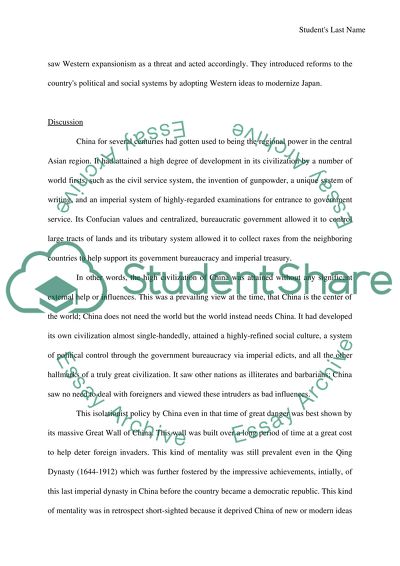Cite this document
(“Debate between a chinese Qing official and japanese meiji official Essay”, n.d.)
Debate between a chinese Qing official and japanese meiji official Essay. Retrieved from https://studentshare.org/history/1627212-debate-between-a-chinese-qing-official-and-japanese-meiji-official-concerning-their-policy-toward-the-european-influence-and-aggression-in-east
Debate between a chinese Qing official and japanese meiji official Essay. Retrieved from https://studentshare.org/history/1627212-debate-between-a-chinese-qing-official-and-japanese-meiji-official-concerning-their-policy-toward-the-european-influence-and-aggression-in-east
(Debate Between a Chinese Qing Official and Japanese Meiji Official Essay)
Debate Between a Chinese Qing Official and Japanese Meiji Official Essay. https://studentshare.org/history/1627212-debate-between-a-chinese-qing-official-and-japanese-meiji-official-concerning-their-policy-toward-the-european-influence-and-aggression-in-east.
Debate Between a Chinese Qing Official and Japanese Meiji Official Essay. https://studentshare.org/history/1627212-debate-between-a-chinese-qing-official-and-japanese-meiji-official-concerning-their-policy-toward-the-european-influence-and-aggression-in-east.
“Debate Between a Chinese Qing Official and Japanese Meiji Official Essay”, n.d. https://studentshare.org/history/1627212-debate-between-a-chinese-qing-official-and-japanese-meiji-official-concerning-their-policy-toward-the-european-influence-and-aggression-in-east.


